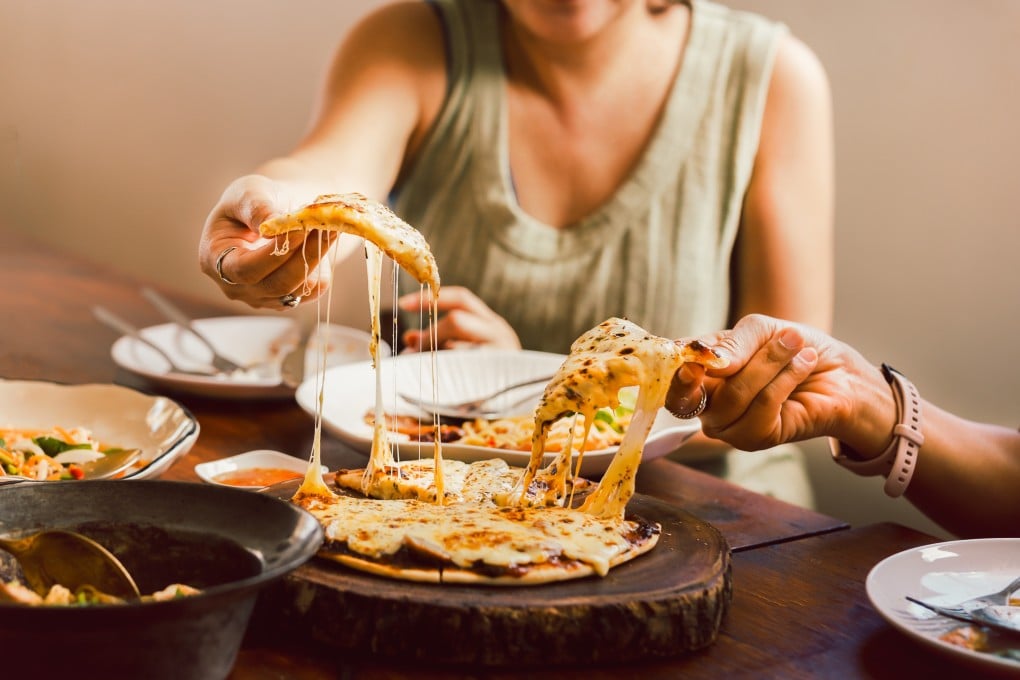Explainer | What is intuitive eating? TikTok trend’s health benefits, including better digestion, more positive body image, and increased satiety with less food
- Intuitive eating helps a person break away from reactive or emotional eating patterns, relying on internal cues of hunger and fullness to guide eating habits
- A teacher explains how her quality of life and body image improved when she ate intuitively, while nutrition experts highlight the link to Ayurveda

Inspired by the Kardashian sisters’ well publicised fit physiques, Swathi Nair, a teacher based in Munnar, in India’s southwest state of Kerala, began to follow a restricted calorie diet to achieve a svelte figure herself.
Over three years, the diet helped the 32-year-old mother of two whittle down her weight by 7kg (15lb) – but it came at a price.
Nair became irritable, her blood pressure plummeted – and she felt guilty every time she ate a slice of pizza, her favourite food.
“My professional and personal relationships suffered because of my altered food habits. I stopped going out with my friends or socialising for fear of eating too much. My husband was miffed that I never wanted to eat out. Physically, I felt undernourished,” she says.

A nutritionist recommended that Nair adopt intuitive eating (IE): allowing her own internal cues of hunger and fullness to guide her to healthy food habits rather than obsessing over eating less.
“After a month of following the new routine, I saw a dramatic improvement in my body image and quality of life. I took control of what and when I ate,” Nair says.